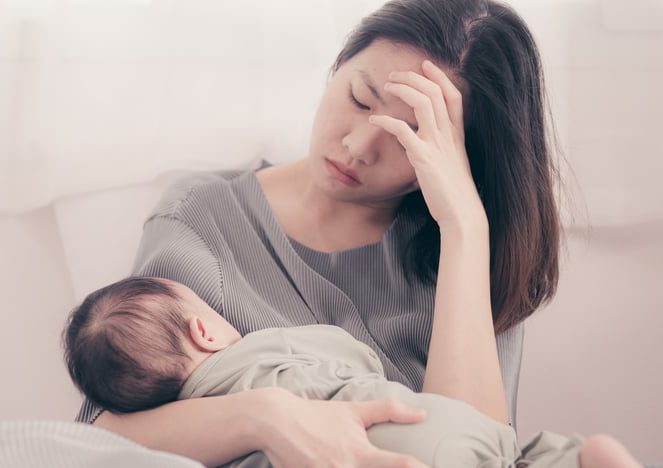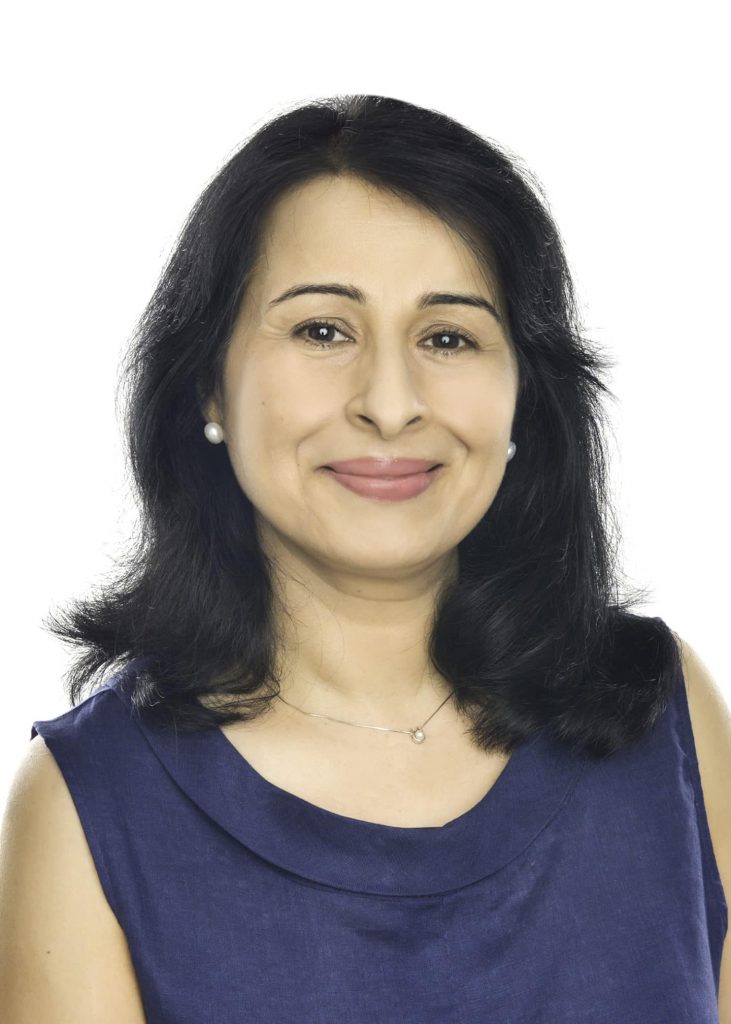
It is essential to address the need to nurture the physical and mental health of new mothers after giving birth. Most confident women can find the postnatal period challenging; having gone through the stress of labour and a hospital stay, they are faced with caring for a newborn baby. Furthermore, many of their concerns may be overlooked as the baby is at the forefront of attention.
Usually, the mother sees her obstetrician or general practitioner at around 6 weeks to check up on her physical and mental health. Our postnatal visits at IMC are allocated appointment times (30 minutes or longer) depending on the mother’s specific needs. We aim to look at the mother’s physical and mental health at this point of contact.
Areas of health that are discussed with new mothers may include:
- Ensuring the uterus has contracted; healing of episiotomy and caesarian section wounds; complaints linked to the pelvic floor (urine or bowel control).
- Cervical screening (pap smear) if required.
- Concerns around breastfeeding are addressed. Mastitis and nipple thrush are common medical complaints we encounter.
- Exploration of nutritional deficiencies: Pregnancy and breastfeeding places an extra demand for certain nutrients namely iron, Vitamin B12, Vitamin D and calcium. Blood tests and appropriate supplementation may be needed.
- Advice regarding sleep for mum and baby. Sleep is paramount for the mother’s recovery and the baby’s growth.
- Review pre-existing medical conditions such as hypertension, thyroid disease, or gestational diabetes.
- Certain conditions, such as varicose veins or hemorrhoids (piles), may flare up during or after pregnancy.
- Exploration of mood and emotional wellbeing (screening for postnatal depression) and advice on management.
- Status of vaccinations – whooping cough, Hepatitis B and influenza vaccines are some recommended shots.
- Sexuality and contraception.
Contraception
A hectic routine that consists of demand feeding routines and inconsistent sleep means that sex may not be a priority for sleep-deprived couples. Who even wants to talk about contraception at this time! However, fertility returns quicker than many people think. Arming women with information is important at this stage to avoid unintended pregnancy and too short an interval between pregnancies.
Each individual may have different needs and preferences when it comes to contraception. Therefore, we at IMC offer an open approach, seeking to arm our patients with all the information to help them make a suitable choice. The two main methods of birth control are hormonal and non-hormonal. Most are offered under one roof at our clinic (including the implant and coil/ intrauterine device). We also stock’ Cerazette’, the progesterone-only pill suitable for breastfeeding mums.
The contraception methods advised as below:
- Lactational amenorrhoea method: Works well if the mother is exclusively breastfeeding 8-12 times a day and overnight. Effective till six months of age.
- If breastfeeding, suitable methods include the progesterone-only pill, Mirena (intra-uterine device containing progesterone suitable for five years) and Nexplanon (a small hormonal implant inserted under the skin of the inner upper arm which provides contraceptive cover for three years.
- Combined contraceptive pill may be an option after six weeks of birth for breastfeeding mums and from 3 weeks if not breastfeeding in healthy women (a check for other health conditions is needed with their family doctor or gynaecologist).
Postnatal blues and Depression
Postnatal blues are prevalent, with over three-quarters of women feeling sad, anxious and irritable about 3-4 days after birth and settling down by two weeks. This mental state resolves without treatment and with good family support.
Postnatal depression is marked by a persistent low mood for at least two weeks and can occur at any time in the weeks and months after giving birth. About 10-15 out of 1000 new mothers may experience this. In some women, it may start in pregnancy and continue after birth. Symptoms can be very variable and often, women realise in retrospect that they may have suffered from this.
The following symptoms may indicate a need to seek help:
- Lack of enjoyment of your baby’s experience or usual things you loved to do.
- Being anxious or irritable.
- Poor motivation or concentration affecting your ability to carry on daily tasks, including caring for your baby.
- Disrupted sleep (waking too early or oversleeping) or poor appetite.
- A sense of hopelessness
- Negative and guilty thoughts
- Loss of interest in sex
- Thoughts of self-harm or harming your baby. Even though the latter is not something most women would do, it creates tremendous guilt. Some women worry about the baby being taken away. It is essential to seek help if you feel this way.
Some of the risk factors for postnatal depression are a lack of family support, previous history of postnatal depression, a difficult pregnancy and labour. As family physicians, we often know the entire family in the context of their social circumstances. This places us in a unique position to detect this condition early on.
How can you family doctor help you with this?
A pro-active approach to screening has been adopted at IMC during the postnatal appointment. A simple questionnaire will be administered to the mother during the interview. A more detailed ‘Edinburgh Postnatal Depression Score’ may be used subsequently if there is a concern.
Mild depression responds well to Cognitive Behavioural Therapy (CBT), and a referral will be made to mental health professionals (psychologists/ psychotherapists) who have extensive experience in dealing with the condition. Moderate to severe cases may require medication in addition to CBT. A shared decision is made with the new mother, and certain areas such as safety in breastfeeding and interaction with other medication are kept in mind. Postnatal psychosis is a rare but severe mental health condition marked by delusional thinking, confusion and suicidal thoughts necessitating urgent hospital admission.
You may wish to consider our booking a more comprehensive New Mothers’ Screening which will cover:
- Mental Health
- Incontinence/Haemrroids
- Perineal Wound Healing
- Follow up of any Obstetric medical issues
- Infant feeding and breastfeeding support
- Risk of Thrombosis
- Contraception
- Cervical Screening
- Review of your vaccinations
- Blood screening if required, checking Thyroid, Calcium, Vitamin D, Blood Count and Iron Levels that may be relevant to your individual needs.

Dr Charu Narayanan is a UK trained doctor based in IMC Katong. Dr Charu has a Diploma in Practical Dermatology and approaches disease in a holistic fashion and places emphasis on prevention.

































